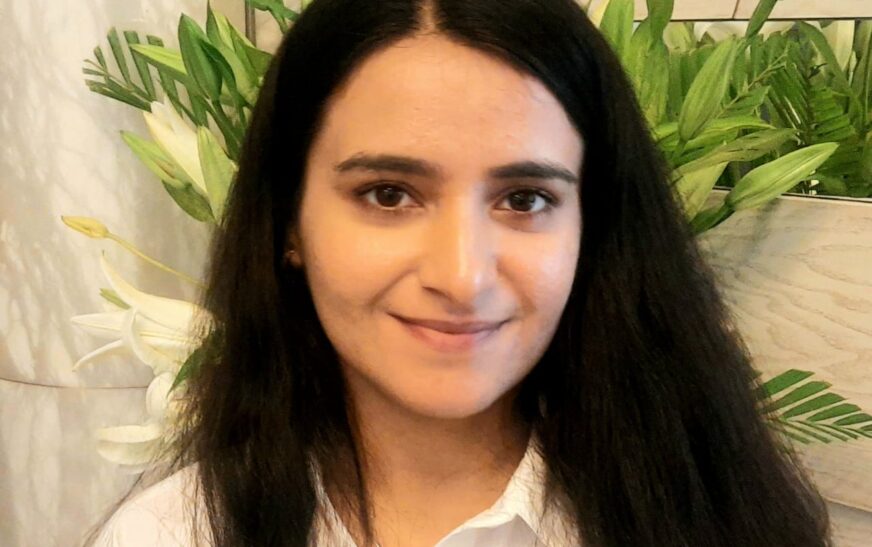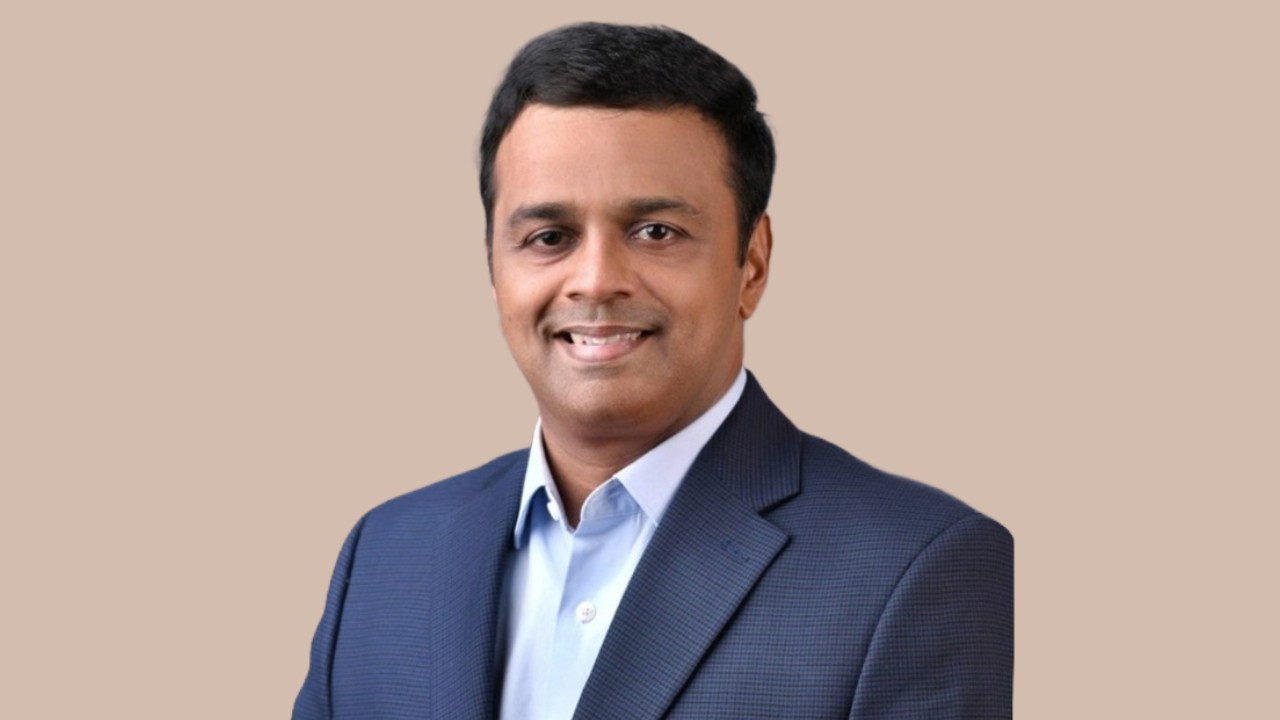The National Health Authority (NHA) holds the pivotal responsibility for executing India’s flagship public health scheme to bolster the healthcare ecosystem. Additionally, NHA designs strategy and constructs technological infrastructure. Moreover, it executes the “National Digital Health Mission” to establish a comprehensive National Digital Health Ecosystem.
Talking to The Interview World, Devika Bhatia, Product Manager, NHA, highlights plans to construct and execute an integrated healthcare ecosystem. She also discusses the transformative impact of the Ayushman Bharat Health Account (ABHA) on the healthcare landscape in India. Furthermore, she emphasizes the significance of longitudinal health records, and underscores the adoption of ABHA. Here are the key insights from her interview.
Q: How does the National Health Authority intend to develop and implement an integrated healthcare ecosystem?
A: The healthcare ecosystem presents a complex landscape, marked by fragmentation. Currently, there’s a stark contrast between public and private healthcare domains. Here, we step in with a patient-centric approach, aiming to enhance lives.
Our solution focuses on integrating technology and infrastructure to support this ethos. It’s not just about delivering a great end-user experience; it’s also about empowering those who facilitate it, such as pharmacies, facilities, and ambulance services. Integration across these sectors is imperative.
The National Health Authority is spearheading the creation of an integrated ecosystem. Its goal is to enhance access to healthcare services, streamline data management, and expedite insurance claims. A key aspect of this initiative involves assigning unique identifiers to all healthcare stakeholders.
For instance, each patient receives an ABHA number, linking their health records throughout their lifetime. Additionally, individuals may be beneficiaries of various public health programs, like the U-Win initiative for reproductive and child health. This program not only aids in immunization and tracking but also digitizes records and provides nutritional support.
Q: What impact could Ayushman Bharat Health Account (ABHA) potentially have on transforming India’s healthcare ecosystem?
A: ABHA can revolutionize the healthcare landscape by introducing a unique identifier for each patient, fortifying the integrity of healthcare data. This identifier ensures precise data association with individuals, addressing concerns regarding data accuracy and patient privacy during the digitalization process. By anchoring original records to the patient’s ABHA number, the authenticity of healthcare information is upheld, fostering trust and reliability in the system. This linkage plays a pivotal role in establishing a comprehensive longitudinal health history for every patient, providing invaluable insights for healthcare providers and policymakers alike.
Looking ahead, ABHA holds vast potential for diverse applications in the healthcare sector. Whether individuals are availing themselves of government programs or seeking medical assistance, integrating their records with ABHA facilitates the seamless creation and maintenance of their longitudinal health records. This streamlined approach promises to enhance delivery, optimize resource allocation, and ultimately improve health outcomes for all citizens.
Q: How can longitudinal health records enhance the effectiveness and efficiency of the public healthcare delivery system?
A: Across these three basic schemes, when all health data is linked to a unique identifier, it facilitates the creation of a longitudinal health history. As time progresses, diagnoses can improve significantly. Without this linked health history, each interaction with health services initiates diagnosis anew, rather than building upon past knowledge.
Digitization aims to enhance health outcomes by establishing comprehensive longitudinal health data. This shift in power aims to empower patients, as historically, control over health data and information has primarily resided with healthcare facilities and professionals.
Through the implementation of private health applications and a unified identifier system, regardless of whether one accesses health information privately or through government facilities, a holistic view of an individual’s health can be established. For example, using a single identifier like ABHA would offer doctors a comprehensive understanding of a patient’s experiences, symptoms, and history, facilitating more informed analysis and treatment plans.
Over time, this longitudinal health history, combined with behavioral changes, not only empowers patients but also enables the development of more effective public health programs. By identifying trends and indicators early, such as the rise of diabetes, preventive measures can be prioritized over curative approaches.
The ultimate goal is to transition towards a preventive health model, which focuses on early intervention and personalized care, all while placing the patient experience at the forefront of healthcare initiatives.
Q: How effectively are citizens utilizing ABHA, and what adjustments or improvements are needed to enhance its usage?
A: Currently, a significant behavioral shift is necessary to embrace digitization. However, thus far, approximately 1 crore Scan and Share tokens and about 59 crore ABHA numbers have been generated. Despite this progress, the onus lies on the healthcare ecosystem to drive adoption. For example, doctors should encourage patients to create their ABHA, and facilities should integrate with the system. This will offer patients the option to link their records to their ABHA.









